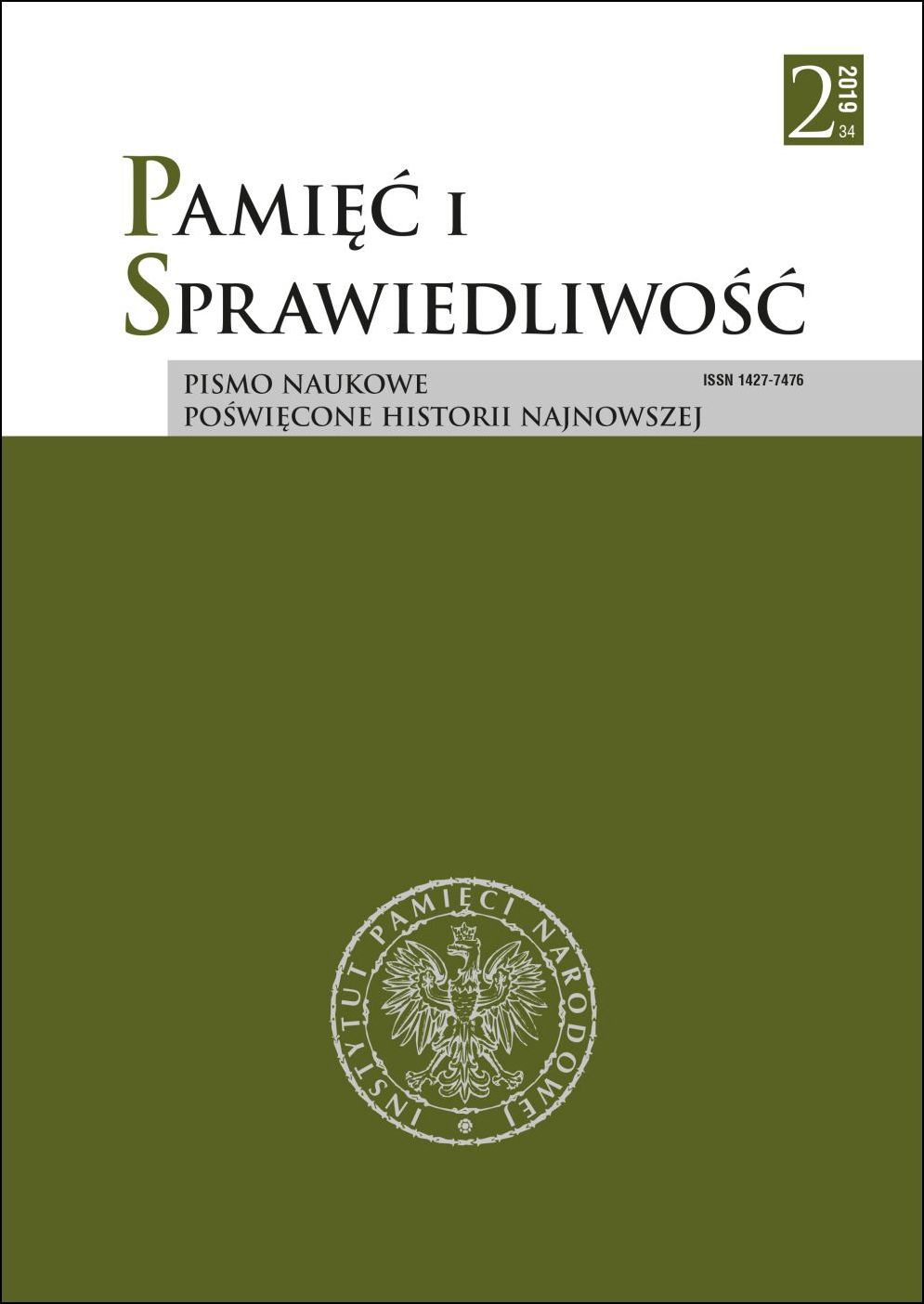Pokój czy wojna? Bitwa o Szanghaj w 1937 a strategia narodowych Chin w wojnie chińsko-japońskiej 1937–1945
Peace or War? Battle of Shanghai in 1937 and China’s National Strategy in the Sino-Japanese War 1937–1945
Author(s): Jakub PolitSubject(s): Politics / Political Sciences, History, Military history, Recent History (1900 till today)
Published by: Instytut Pamięci Narodowej
Keywords: the Second World War in the Far East Sino-Japanese War;Operation Shanghai
Summary/Abstract: Fought in August-December of 1937, the battle of Shanghai and Nanking, in which perhaps even a million victims perished on both sides (including civilians), was one of the bloodiest operations of the Sino-Japanese war, which began on 7 July 1937. It was also the biggest operation of this kind since the First World War. Chiang Kai-shek, the leader of the Kuomintang (KMT, Chinese Nationalist Party) that ruled China, decided to fight it based in Shanghai, although the city (a population of 3.5m in 1937), was the main economic and financial provider of his Government and it was clear that it would be lost in the event of defeat. Moreover, the military involvement of the few divisions modernised with the help of German advisers (General Alexander von Falkenhausen played the main role) meant almost inevitably that these troops would be wiped out. In the end, the decision was made on political grounds; gaining the political and economic support of the Soviet Union and the English-speaking powers required fighting a long-term war, and Chiang had to demonstrate a strong will from the very beginning. In the first phase of the battle (13–23 August), the Chinese offensive almost pushed the few Japanese forces present in Shanghai to the sea. The landing, on 23 August, of the so-called Expeditionary Army under the command of General Matsui Iwane began a lengthy phase of combat, during which both sides suffered huge losses. The resolution came with the attack (5 November in the Hangzhou Bay) of the 10th Japanese Army. However, the victorious Japanese were unable to utilise the general laxity of the withdrawing Chinese troops. Nevertheless, they engaged in the massacre of Nanking, the capital of China, conquered on 13 December. The Shanghai operation, in which both sides suffered losses up to one third of their resources, was the beginning of a long-term war of extermination.
Journal: Pamięć i Sprawiedliwość.
- Issue Year: 34/2019
- Issue No: 2
- Page Range: 95-128
- Page Count: 34
- Language: Polish

